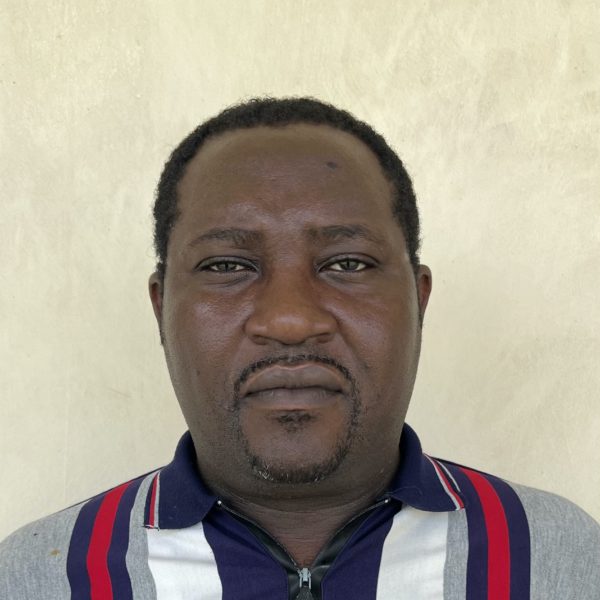Climate change is causing extreme weather events, including droughts, floods, heat waves, and heat stress, which are threatening sectors such as food security, access to drinking water, and public health. To mitigate these risks, scientists are exploring the solar radiation modification (SRM) geoengineering, which is emerging as a potential method for manipulating Earth’s radiation balance to mitigate greenhouse gas effects. This research aims to investigate how two chosen SRM methods, including stratospheric aerosol injection and global solar dimming, can influence Africa’s future climate, focusing on extreme weather events. The study will investigate the ability of these techniques to mitigate or exacerbate the magnitude of extreme precipitation and temperature events, and the potential implications on the number of persons exposed to these events. The study will also analyze the main differences between the two SRM methods to provide a comparative assessment of their effectiveness and impacts. The insights derived from this research will provide a significant contribution to enhancing our understanding of climate change associated with extreme weather events in Africa, while informing decision-makers about the opportunities and risks associated with SRM geoengineering with regard to efforts to combat the adverse effects of climate change.
Menu
Share this project:
Share on whatsapp
WhatsApp
Share on email
Email
Share on facebook
Facebook
Share on twitter
Twitter
Share on linkedin
LinkedIn
Is any information on this page incorrect or outdated? Please notify Ms. Nel-Mari Loock at [email protected].


